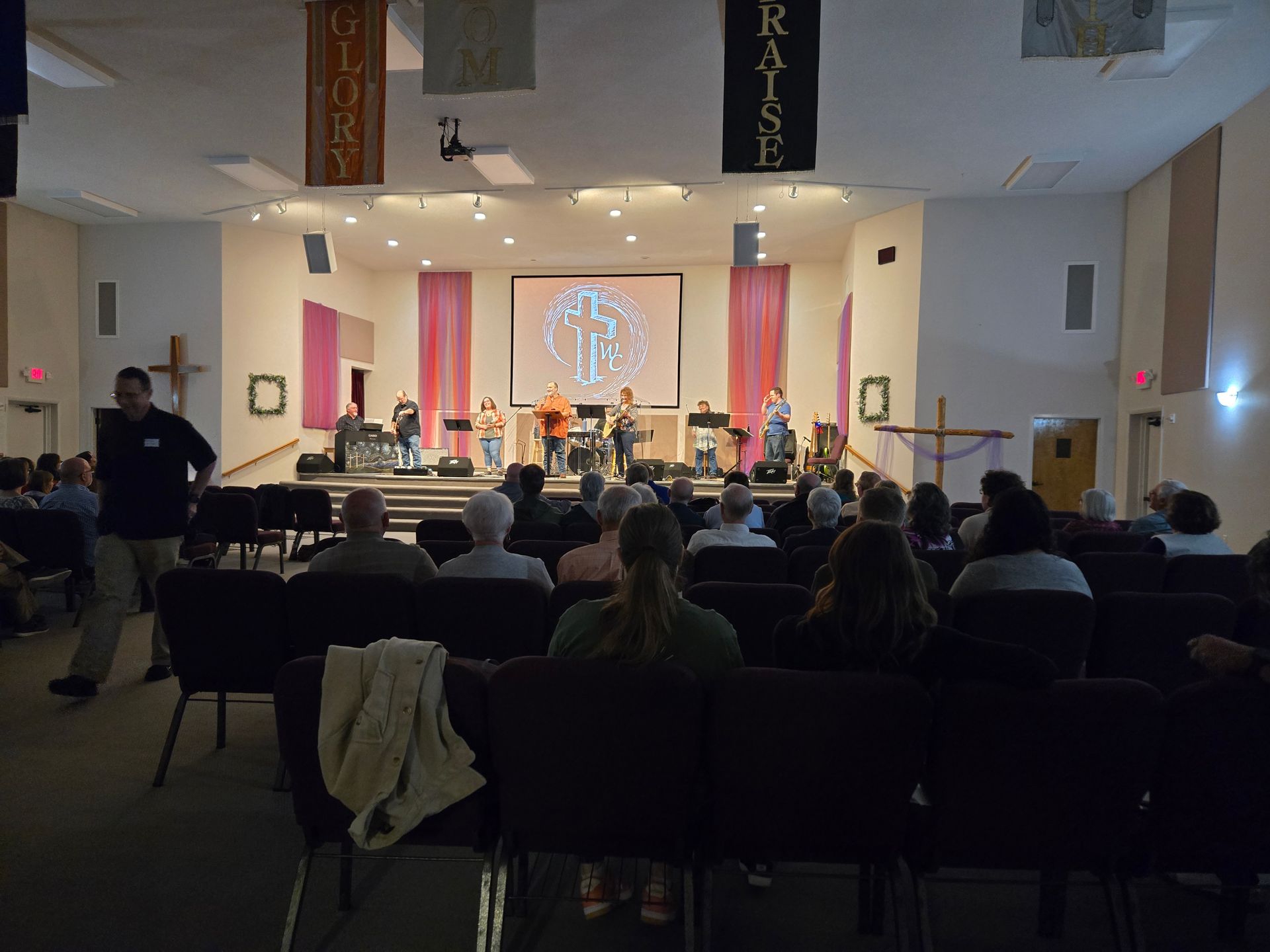What's Wrong With the World?
Today's post comes from Brethren Contemplative. Jason Barnhart blogs regularly on faith, Brethrenism, and culture at Brethren Contemplative.
“Now world is God’s good creation, that has taken the time of God’s grace not to be church. That doesn’t mean everything about the world is wrong, but it does mean that the world simply lacks the possibilities that the church has been given by God’s good grace. And that’s an eschatological set of judgments about why it is that God has called out a people from the world to be for the world, so that the world might know what it means to worship God.”
-Stanley Hauerwas
The world is a broken place. The righteous anger that rises up as we confront such brokenness can be a good thing. But let’s never allow our critique of the world to be but a scapegoat for our culpability. There is no objective “me” separated from “them.” Such perspectives do not take the systemic nature of sin serious enough.
As a lover of the church, I must challenge those of the church who use their religious perspectives as an ultimate trump (no pun intended) card on world events. I am especially calling out Protestants who, since the Reformation, have divided the church tens of thousands of times. How do we expect to challenge the divisiveness of the world when we remain just as divided as the world?
Such framework conversations rarely seem to happen in society or in the church. Maybe, just maybe, it’s because we have not distinguished those things enough in our heads and hearts. The church must be about creating an alternative to the world. In that pursuit, we must sometimes call out societal sin. We can never have a naive appreciation for social progress. I do not struggle with these statements (where appropriate), but I do struggle with the potential postures they can take.
The postures can indicate that what is bad in the world is separated from us (read “Christians”) and we can go to it and address it. It is a Christendom posture that assumes that A) we can imperialistically go into the world announcing what is good for the world and B) we are somehow not a part of the original problem. Such an objectivity (to sound a little postmodern) is highly problematic.
Such a posture does not recognize that Protestants claim an alternative vision in their understanding of church that is equally as problematic since we have A) been as divided as the world and B) tried to be relevant to a society of continuous, highly disruptive change. At the end of the day, you can wax philosophically on social media about what Jesus would or wouldn’t do, but you (and I) have not modeled a great deal of difference. Be careful when Jesus calls out the same leader again and again…you may be a tad guilty of scapegoating.
So what would I do differently? Such a question attempts to pull me into the arrogant fray that I’ve just discussed. Might I suggest a few things moving forward:
- The first task of the church is to be the church and let the world be the world. How might your utopian vision be realized in the people of God? Don’t start big church but start with local congregation. Are you as united there as you would like the world to be? The kingdom is not of this world. It is not the church and is not a world government. When brokenness occurs our response cannot be to attempt to make an earthly institution into the kingdom (or speak disparagingly because it is not the kingdom).
- Truly lament in which you recognize your culpability with the brokenness of the world. There is great injustice in the world. You and I are part of it. It does not exist separated from our spending habits, lifestyle choices, and constant quest for security.
- Allow vitriol to turn to virtue. Vitriol leads to outrage which leads to violence. Violence continues to blind us to any sort of real solutions. Virtue flows from a place of inner transformation. Transformation occurs with an experience of Christ. Vitriol will never lead to the fruits of the Spirit (the only real indicator of a person of Christ). Transformation allows the Spirit to allow such fruit to flow out of us. With such a posture, we cannot help but be a people of love, joy, peace, patience, kindness, goodness, faithfulness, gentleness, and self-control (Gal. 5:22-23).
- Very practical: before you call out a person on social media (whether you know them or not), how would you feel with such words and such a tone being directed at you? Would it move you to change?
I don’t claim to have the answers. I don’t claim to be absolved from the vitriol of the world. The Lord knows I have been a part of the echo chamber that is American society. I long for alternatives and still pray that the church can be in the world and not of it.
I long to be like the great G.K. Chesterton who, when The Times of London invited several eminent authors to write essays on the theme “What’s Wrong with the World?,” wrote the following letter:
Dear Sirs,
I am.
Sincerely yours,
G. K. Chesterton
Actually, I’ll take my first step in emulating Chesterton right now:
Dear blog readers,
I am.
Sincerely yours,
J. S. Barnhart










